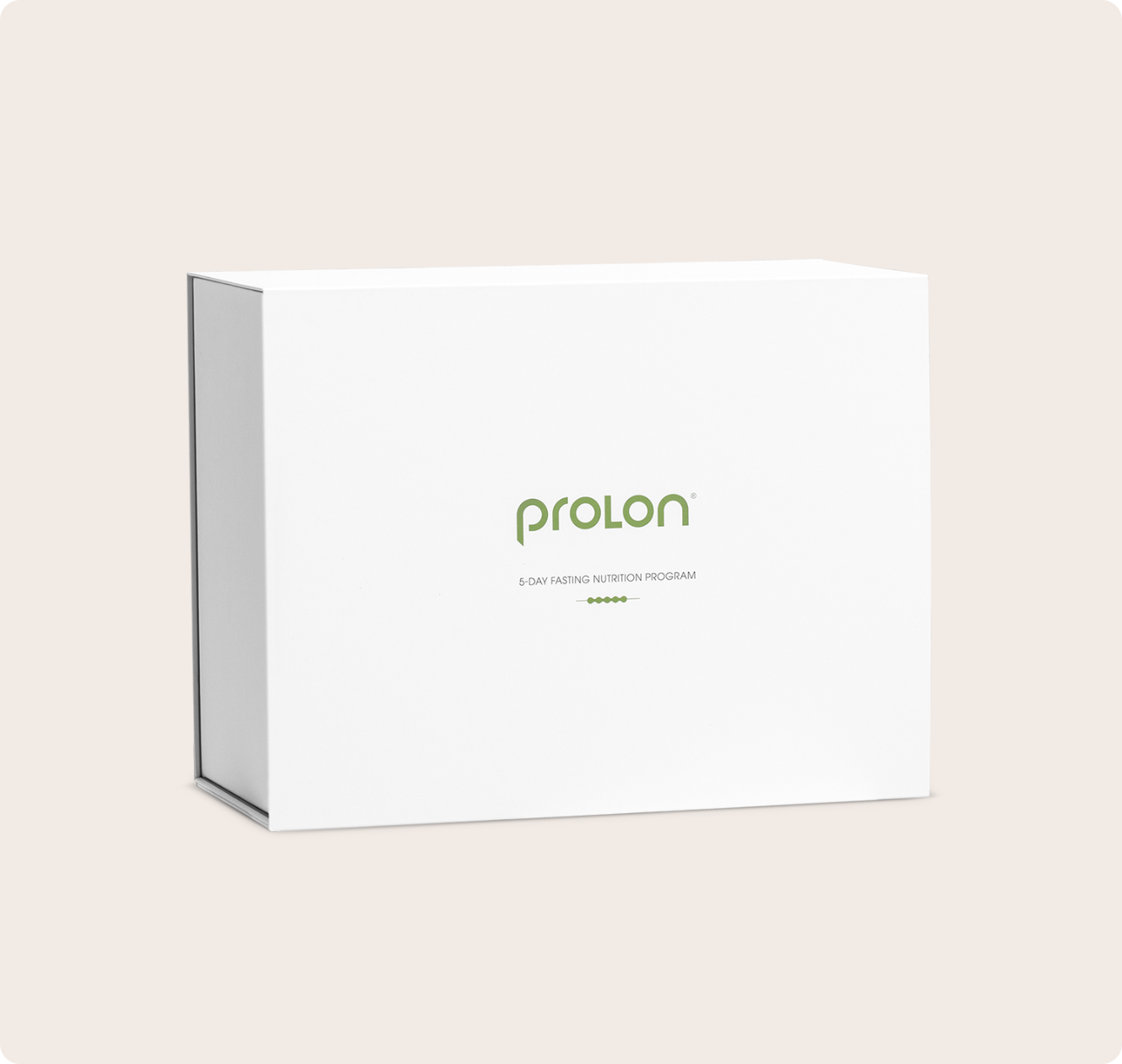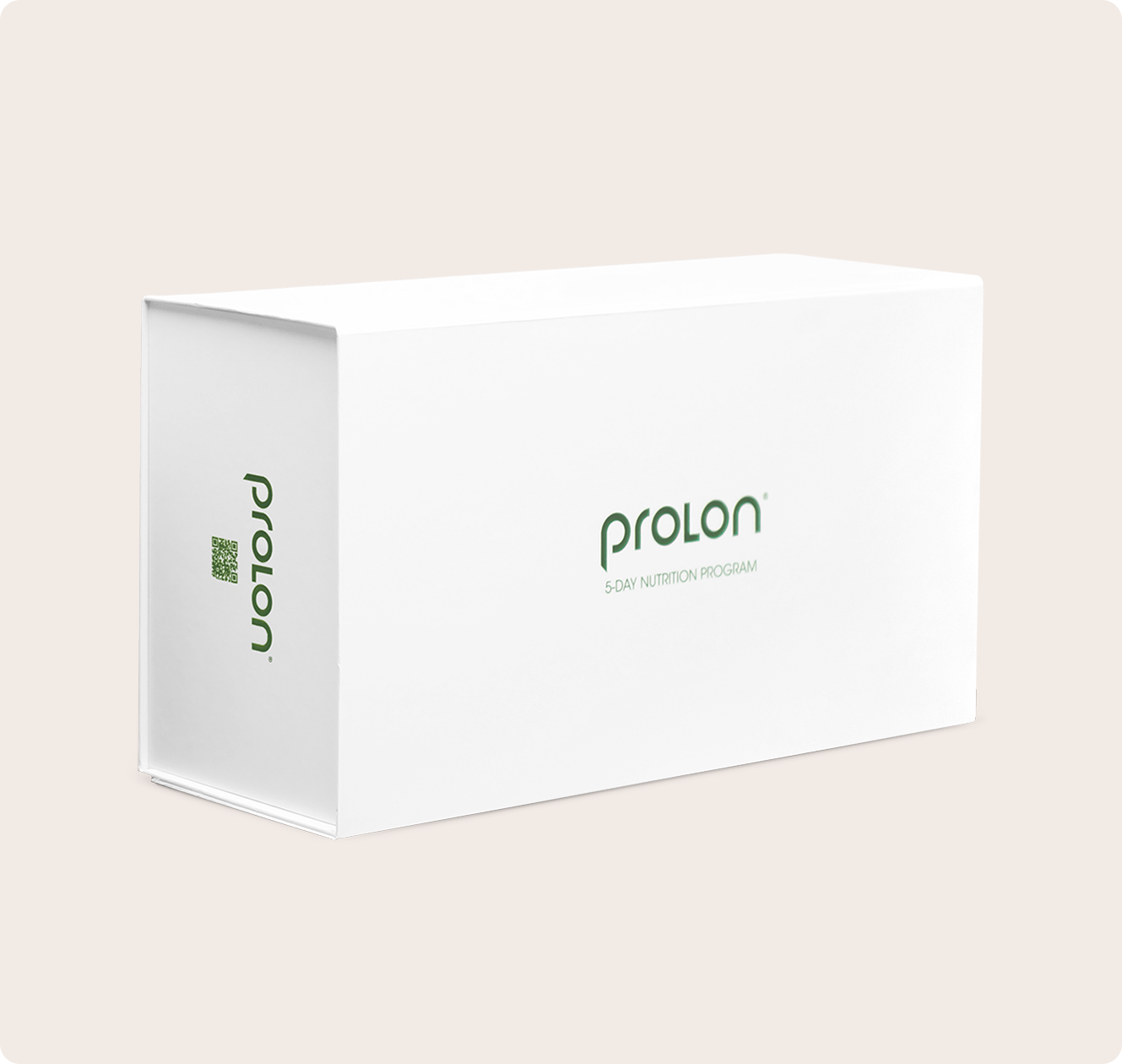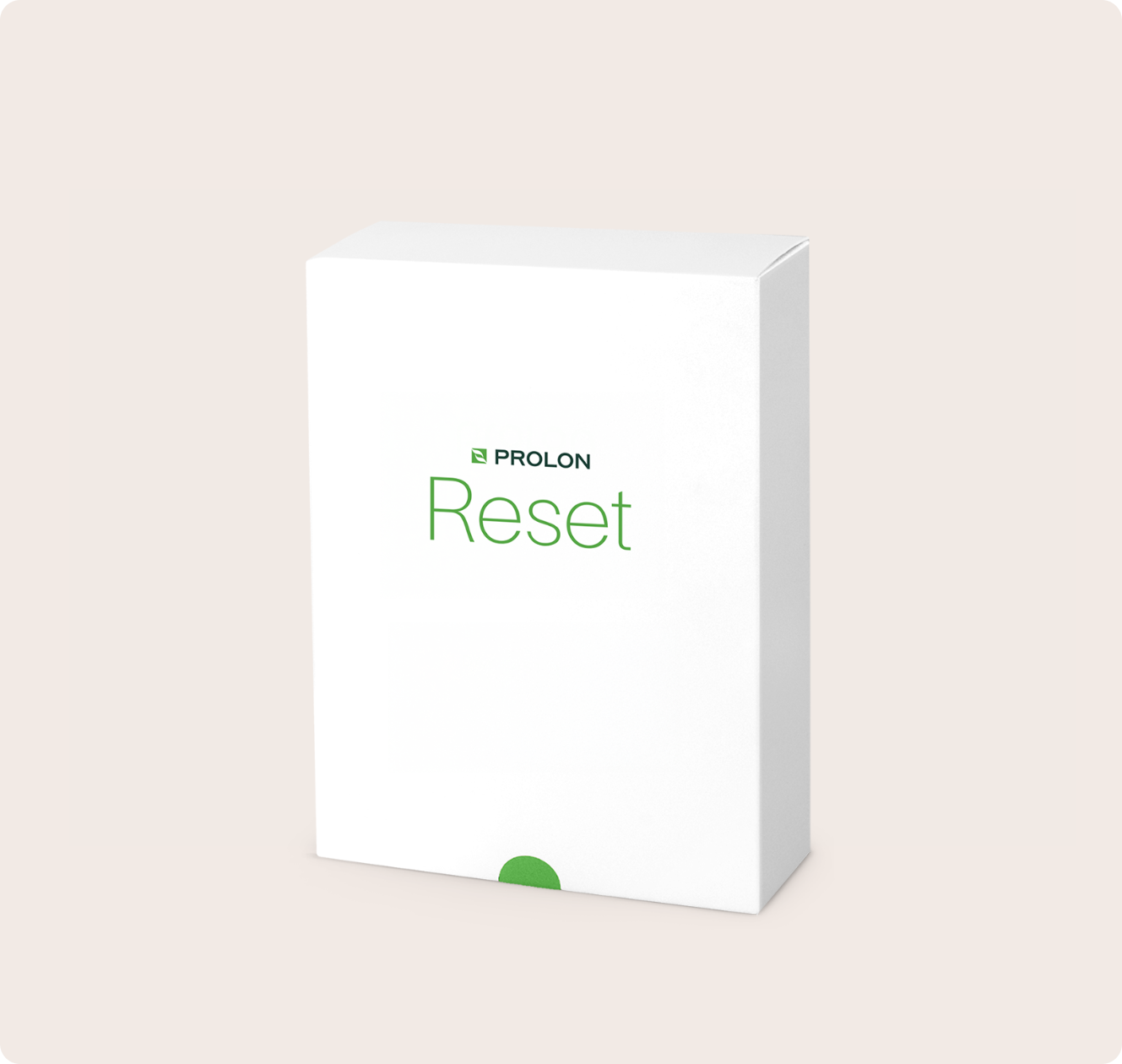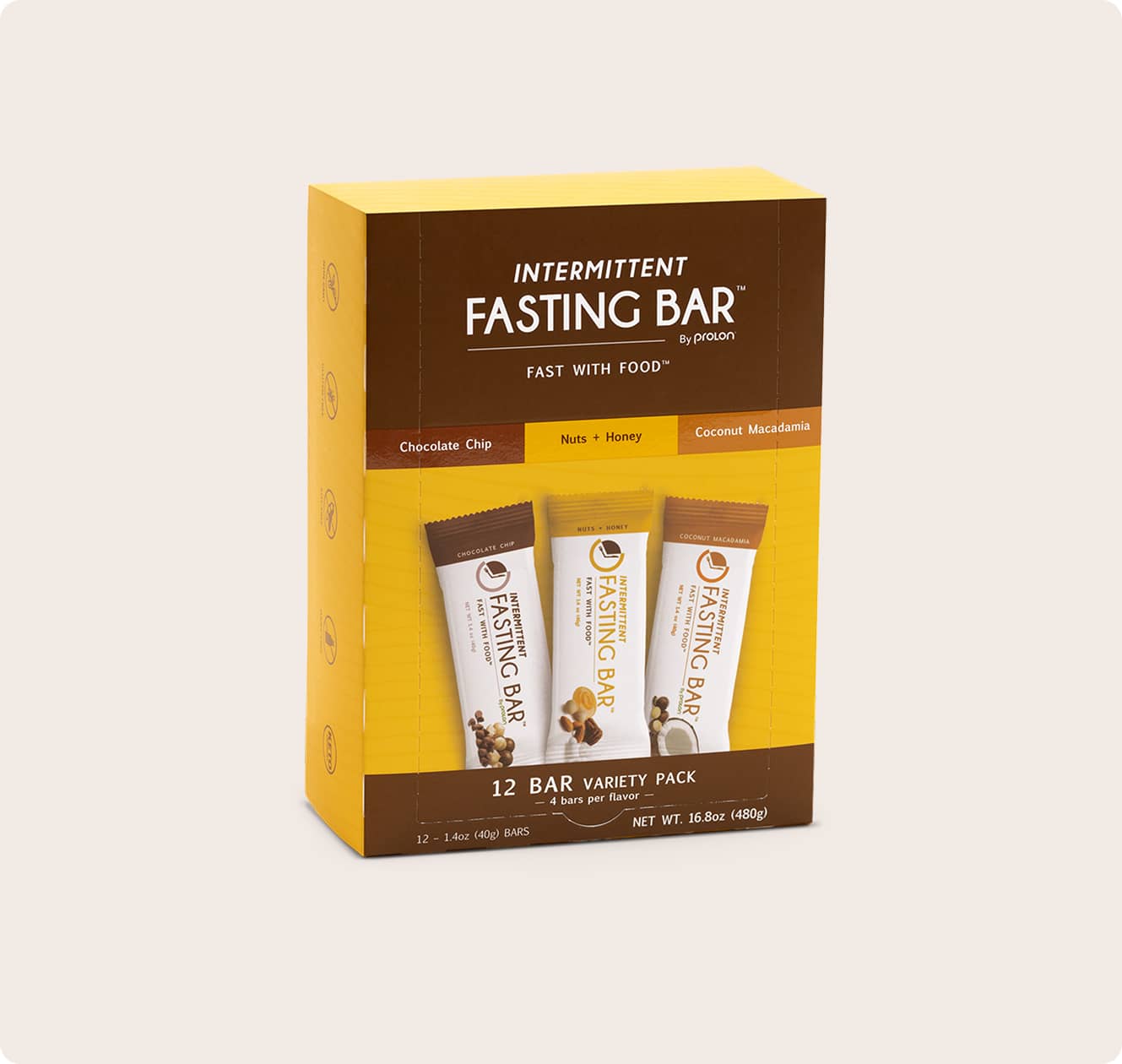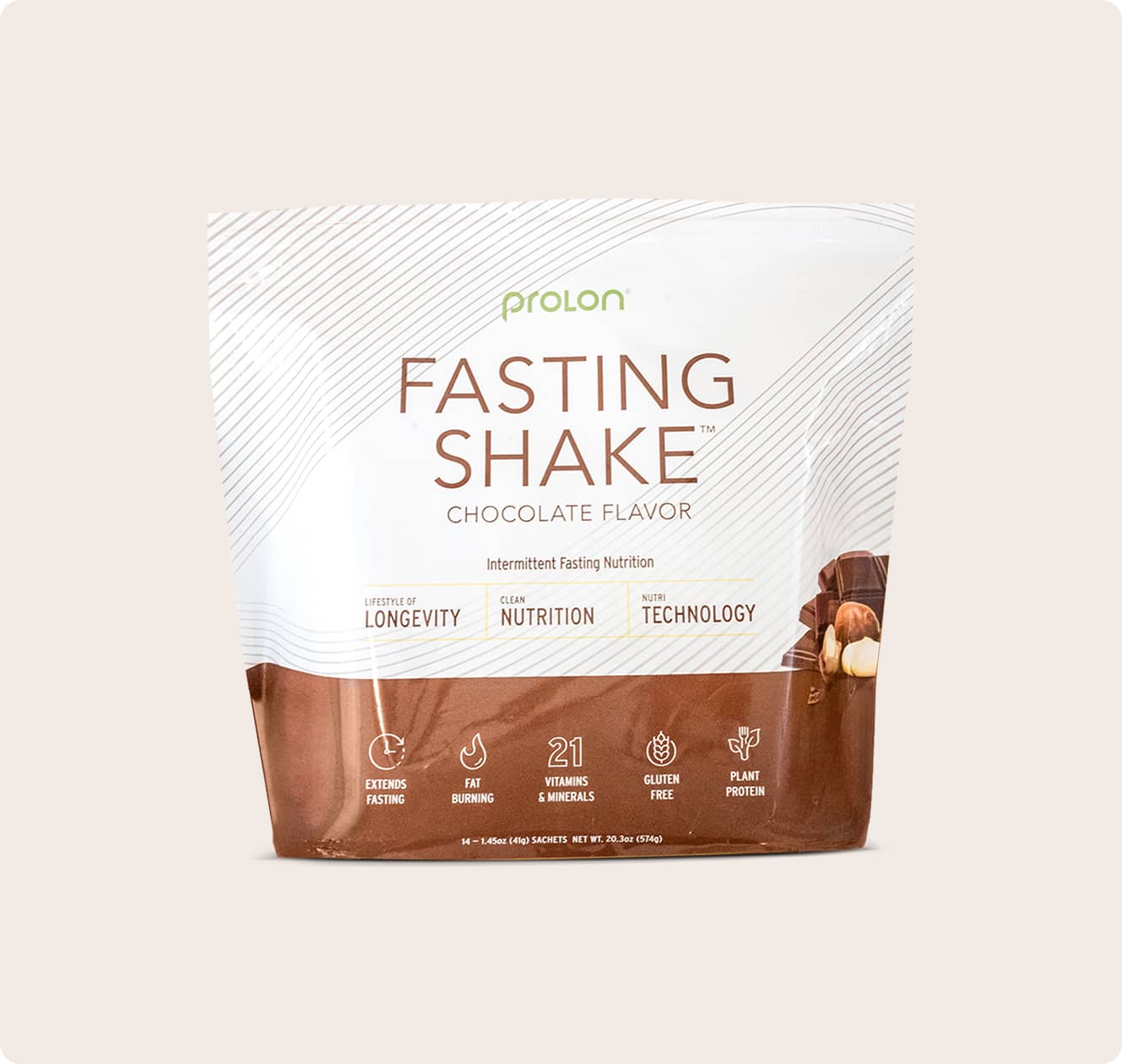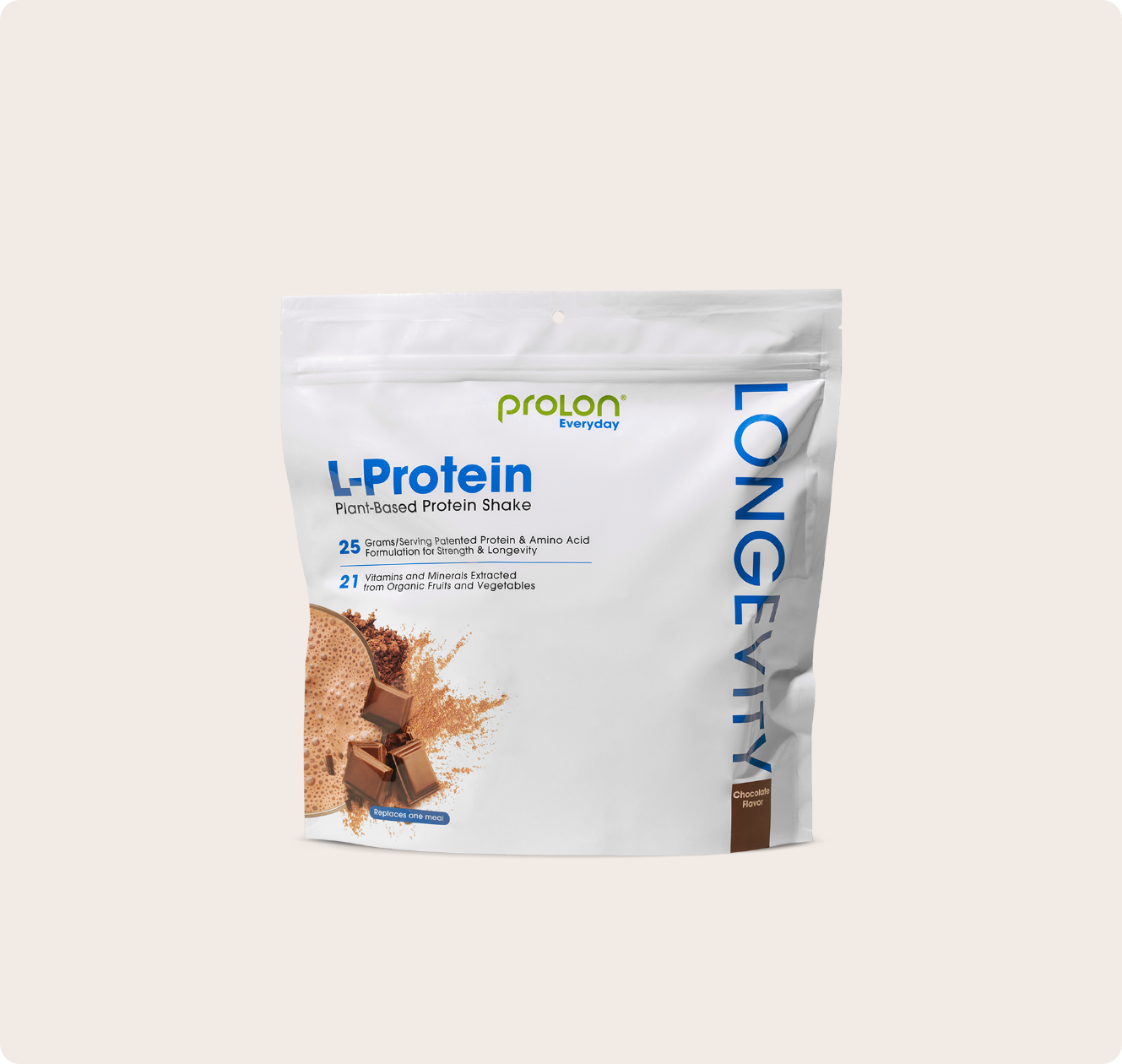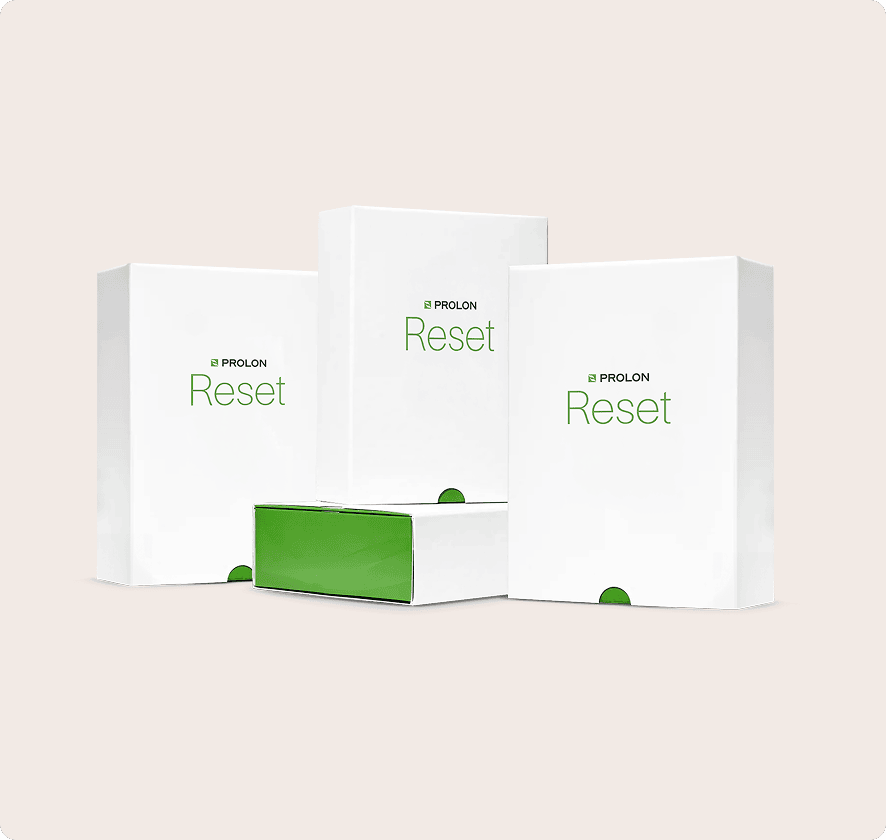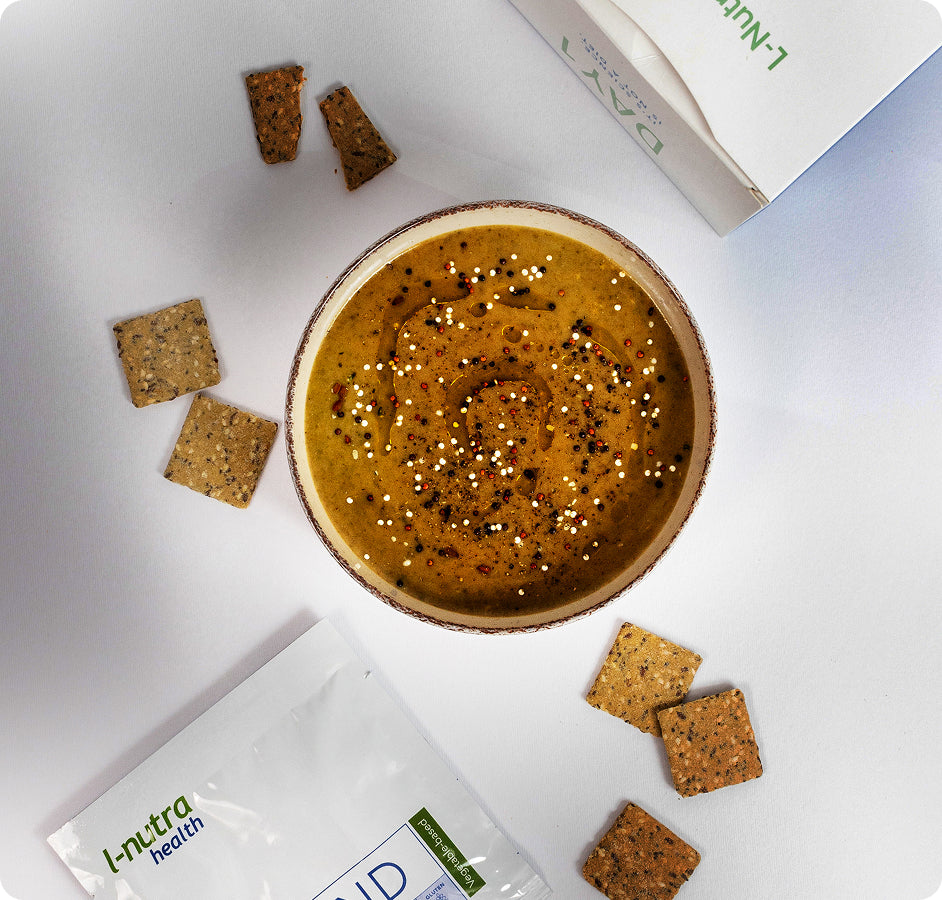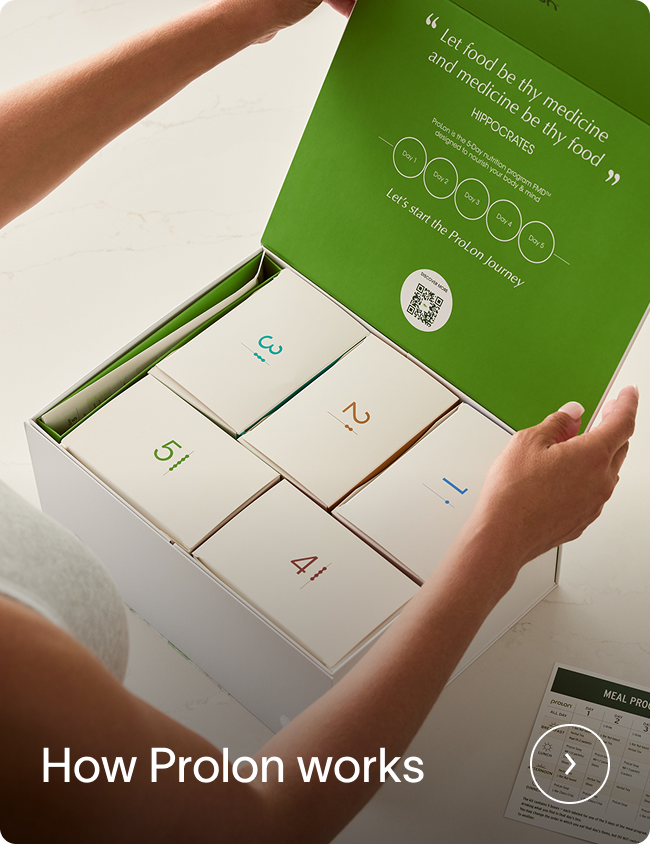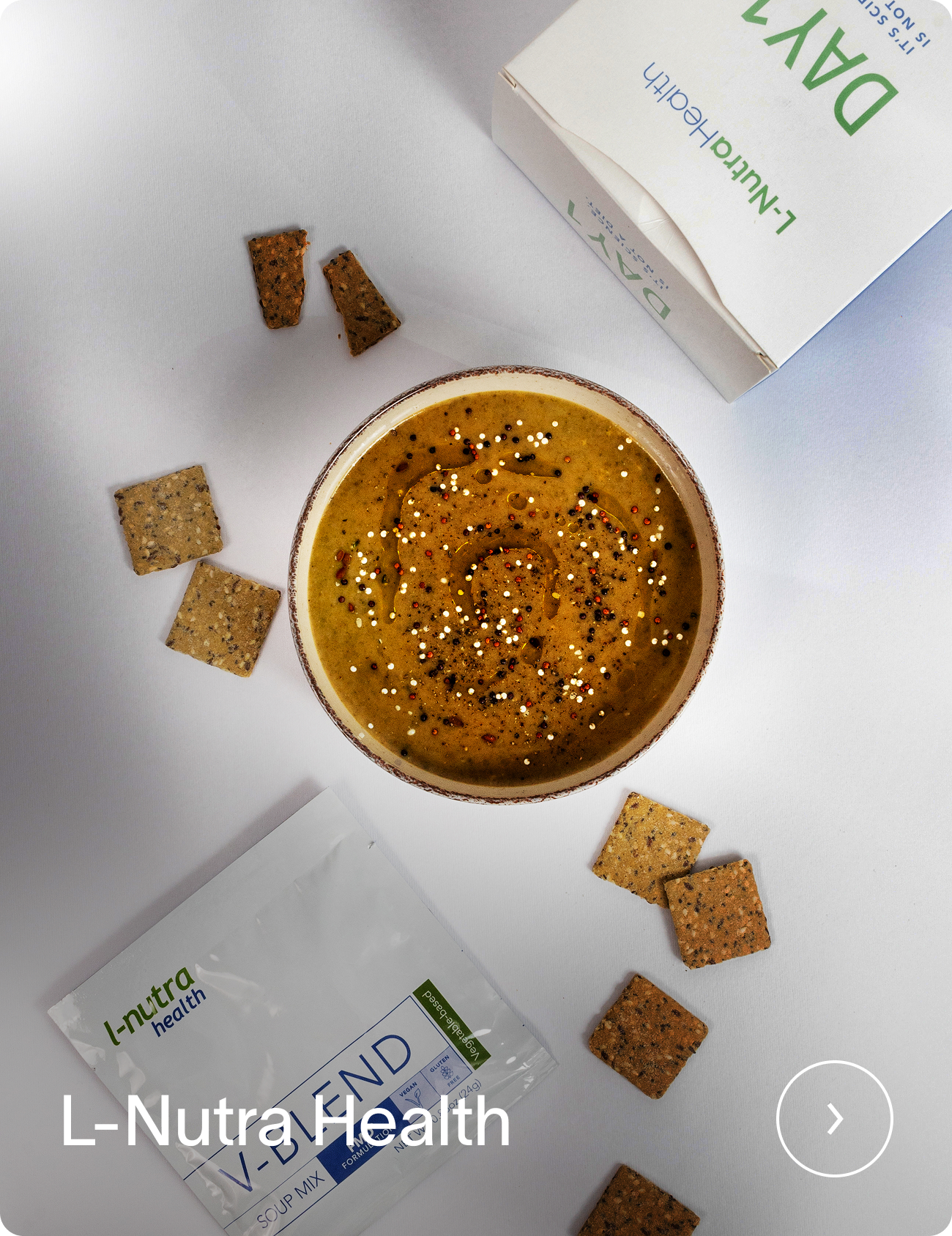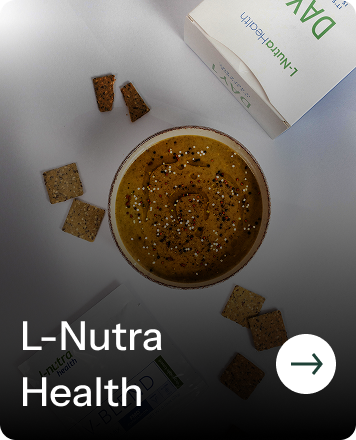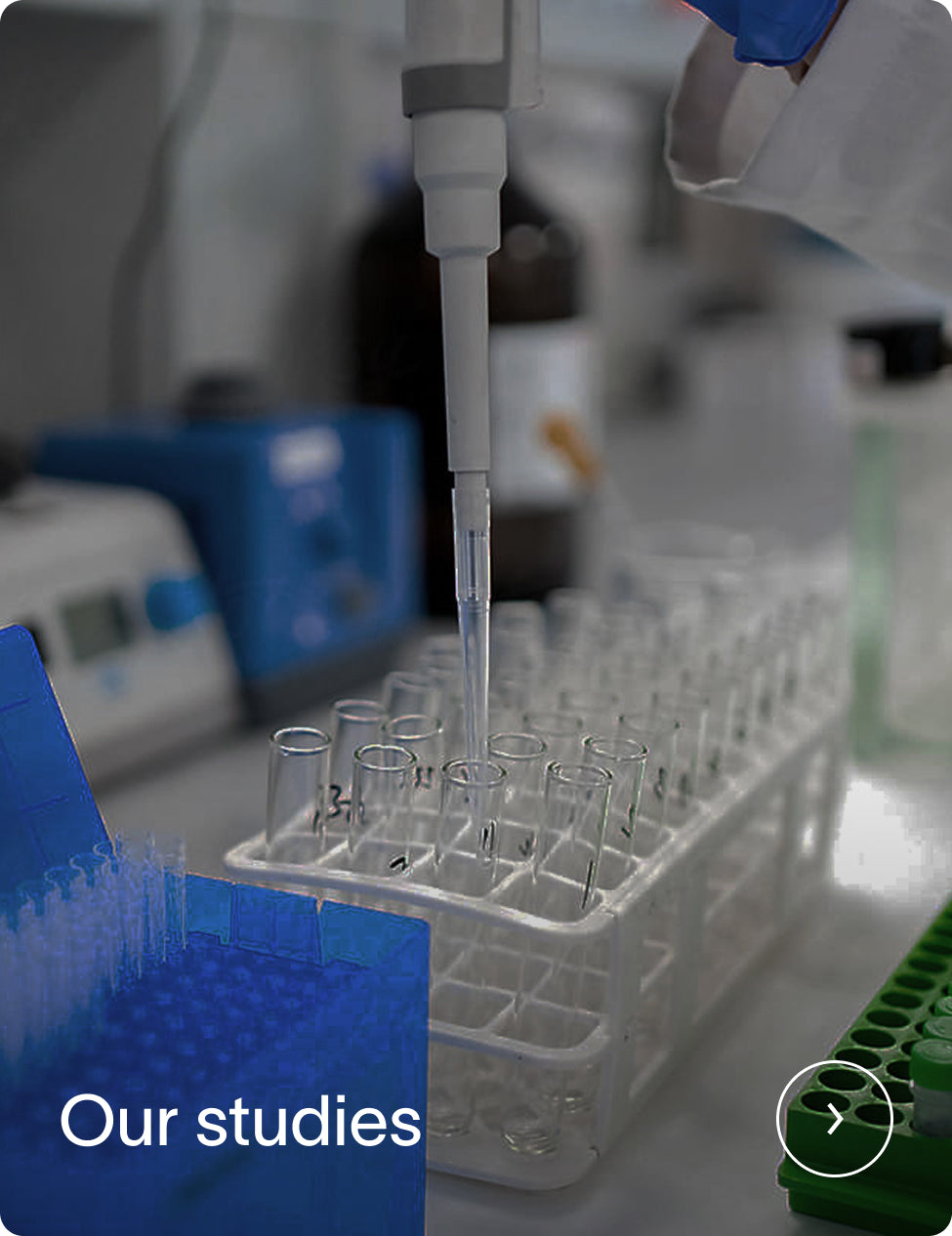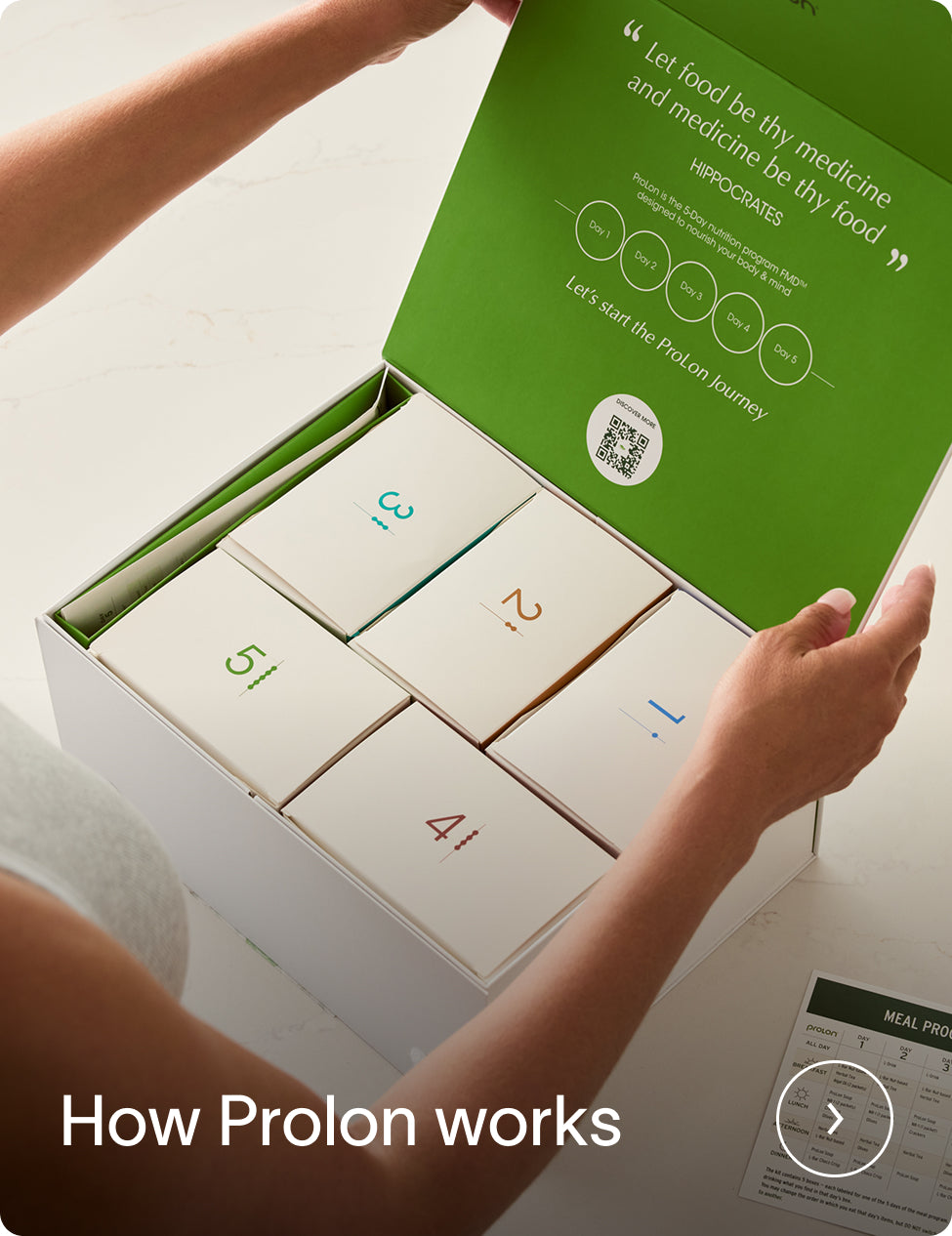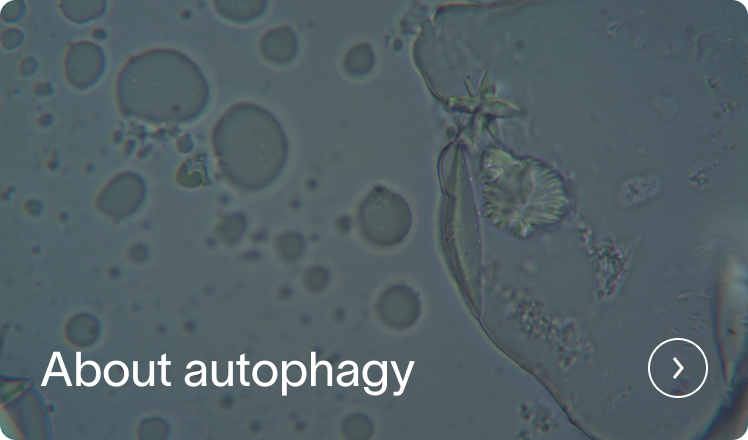When it comes to effective weight loss, both the Mediterranean Diet and intermittent fasting are popular choices. Each approach offers unique health benefits, but which is better suited for your weight loss journey? Let's dive deeper into both diets to help you make an informed decision.
What is The Mediterranean Diet?

The Mediterranean Diet is a plant-based eating plan that focuses on vegetables, fruits, whole grains, nuts, seeds, and healthy fats like olive oil. Inspired by the eating habits of countries bordering the Mediterranean Sea, this diet is renowned for its health-promoting qualities.
- How Mediterranean Diet Work: This diet encourages the consumption of nutrient-dense foods in moderation. The emphasis is on whole, unprocessed ingredients, with a focus on lean proteins like fish, heart-healthy fats such as olive oil, and an abundance of fresh produce. It's not just a diet—it's a lifestyle.
- Health Benefits of Mediterranean Diet: The Mediterranean diet is praised for reducing the risk of heart disease, improving brain function, and promoting a longer, healthier life. It’s also a great option for those looking for gradual, sustainable weight loss when paired with an active lifestyle.
- Pros and Cons of Mediterranean Diet: Pros: Rich in essential nutrients, heart-healthy, and sustainable. Cons: Can be expensive, requires planning, and results in slower weight loss compared to more restrictive diets.
- Long-Term Sustainability: One of the key strengths of the Mediterranean Diet is its long-term sustainability. Since it’s less restrictive and more varied, it’s easier to maintain over time, promoting a healthy relationship with food and overall well-being.
What is Intermittent Fasting?

Intermittent fasting is a dietary pattern that alternates between periods of eating and fasting. Unlike traditional diets that focus on what you eat, intermittent fasting focuses on when you eat, making it a flexible yet effective option for weight loss.
- How It Works: Intermittent fasting involves structured periods where you limit food intake. Popular methods include the 16:8 approach, where you fast for 16 hours and eat within an 8-hour window, and the 5:2 method, where you eat normally for five days and reduce calories on two days.
- Benefits of Intermittent Fasting: Intermittent fasting can boost metabolism, aid fat loss, and promote ketosis (burning fat as fuel). It’s a popular method for those looking to shed fat while maintaining muscle mass.
- Pros and Cons of Intermittent Fasting: Pros: Promotes fat loss, supports metabolism, and offers flexibility. Cons: Can be challenging to sustain, hunger during fasting windows, and may not suit everyone’s lifestyle.
To help with those intermittent fasting challenges, try Prolon’s Fasting Bars and Fasting Shakes, scientifically formulated to be consumed during the fasting window – without breaking your fast. Use them to extend your fasting, fat-burning states while still receiving nourishment and curbing hunger. Image 328.JPG
Which Diet Is Better for Weight Loss?
Both the Mediterranean Diet and intermittent fasting offer valuable benefits for weight loss. Choosing between them depends on your personal health goals and lifestyle preferences. While intermittent fasting may provide quicker results, the Mediterranean Diet is known for being a long-term, heart-healthy solution.
- Consider Your Health Goals: If rapid fat loss is your priority, intermittent fasting might deliver faster results. However, for overall health and longevity, the Mediterranean Diet offers a slower but more holistic approach.
- Consider Your Lifestyle for Sustainability: Your daily routine plays a significant role in determining which diet is best for you. If you prefer flexible eating schedules, intermittent fasting might be a better fit. On the other hand, if you enjoy variety in your meals and a slower-paced approach, the Mediterranean Diet could suit your lifestyle more sustainably.
A Better Way to Fast
While intermittent fasting has many benefits, incorporating prolonged fasting (longer than 72 hours) a few times yearly has been shown to support even deeper benefits, such as cellular rejuvenation, sustained weight loss, and longevity.
For those who find the complete food deprivation of traditional prolonged fasting challenging, the Fasting Mimicking Diet (FMD) offers an alternative. Prolon’s 5-Day FMD combines the science of fasting with a structured, manageable plan, making it easier to experience the benefits without complete food deprivation. Using these fasting approaches synergistically can work to better support and sustain your weight and health goals.
The Benefits of Prolon’s 5-Day Fasting Mimicking Diet

Prolon’s 5-Day Fasting Mimicking Diet is a revolutionary program designed to mimic the effects of fasting while still allowing you to eat. This makes fasting easier, more convenient, and scientifically backed for maximum health benefits.
- Backed by Science: Prolon’s FMD is the result of over 25 years of scientific research, developed in partnership with prestigious universities. It delivers the benefits of fasting—such as fat loss and cellular rejuvenation—while allowing you to consume food.
- A More Convenient Solution Image: Traditional prolonged fasting can be challenging, but with Prolon’s 5-Day FMD, you get a precise, convenient meal plan that helps you achieve the same benefits without the challenges and risks of total food deprivation.
Learn more about Prolon’s 5-Day Fasting Mimicking Diet here
Conclusion: Making the Right Choice for Your Weight Loss Journey
Choosing between intermittent fasting and the Mediterranean Diet depends on your goals and lifestyle. If you’re seeking faster fat loss, following an intermittent fasting eating pattern and incorporating quarterly cycles of Prolon’s Fasting Mimicking Diet can help support weight loss goals and longevity. Alternatively, the Mediterranean Diet offers a more gradual approach for long-term health.
References: Harvie et al. (2017). The effects of intermittent fasting on metabolic health and body composition: A systematic review of animal and human studies. National Center for Biotechnology Information (NCBI). https://pmc.ncbi.nlm.nih.gov/articles/PMC6466433/ Mizushima et al. (2007). The role of autophagy in longevity and aging: Insights from yeast and mammals. Genes & Development. https://genesdev.cshlp.org/content/21/22/2861.full.html Estruch et al. (2016). Mediterranean diet and cardiovascular health: A comprehensive review of epidemiological studies and trials. BMC Medicine. https://bmcmedicine.biomedcentral.com/articles/10.1186/s12916-016-0714-3
